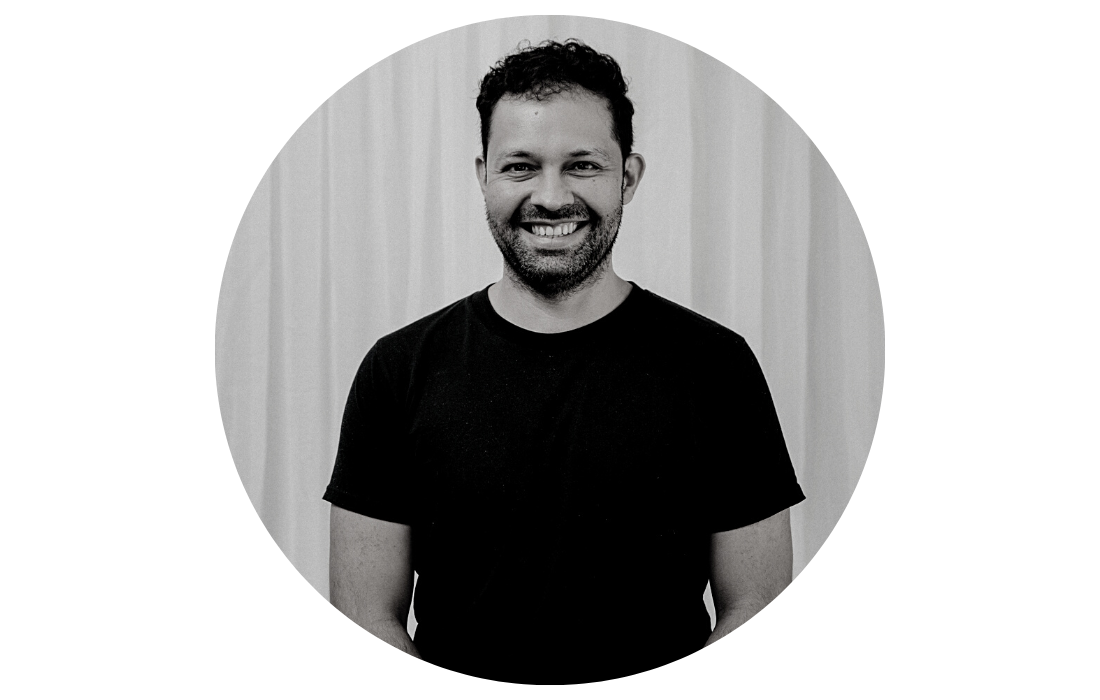Sports injury physiotherapy for divers.
Diving and the Role of a Specialised Physiotherapist
Diving, both as a competitive sport and a recreational activity, combines the precision of acrobatic skills with the challenge of entering water from varying heights. It requires not only physical strength, flexibility, and coordination but also mental focus and precision. Divers perform complex maneuvers involving twists, flips, and rotations, and must master the art of a controlled and graceful water entry.
Key Aspects of Diving:
The Importance of a Physiotherapist Specialised in Diving:
What Are Common Injuries Among Divers?
Diving, a sport that combines acrobatics and water entry, often leads to specific types of injuries:
How Can Divers Prevent These Injuries?
Injury prevention is key for divers:
What Physiotherapy Treatments Are Effective for Diving Injuries?
Physiotherapy is essential in treating and managing diving-related injuries:
When Should a Diver Consult a Physiotherapist?
Professional advice is recommended in various scenarios:
How Can Physiotherapy Help in Long-Term Injury Prevention for Divers?
Long-term injury prevention is essential for divers:
What Recovery Strategies Should Divers Employ?
Effective recovery strategies are crucial for divers:
If you have been injured during diving, there are many things that our Tarragindi physiotherapists can do to help get you back to being sport ready and active again so come in and speak to our friendly physiotherapists today! Feel free to give our Tarragindi Physiotherapy clinic a call on 07 3706 3407 or email [email protected]
Diving, both as a competitive sport and a recreational activity, combines the precision of acrobatic skills with the challenge of entering water from varying heights. It requires not only physical strength, flexibility, and coordination but also mental focus and precision. Divers perform complex maneuvers involving twists, flips, and rotations, and must master the art of a controlled and graceful water entry.
Key Aspects of Diving:
- Acrobatic Skills: The sport demands a high degree of aerial acrobatics, requiring body control, spatial awareness, and flexibility.
- Impact Management: Divers must learn to effectively handle the impact of water entry from significant heights, which can place stress on various body parts.
- Repetitive Training: Regular practice can lead to overuse injuries, particularly in the upper body, lower back, and legs.
The Importance of a Physiotherapist Specialised in Diving:
- Injury Prevention and Management: A physiotherapist with expertise in diving can offer targeted strategies for injury prevention and rehabilitation, tailored to the specific physical demands of the sport.
- Performance Enhancement: Understanding the biomechanics of diving, a physiotherapist can assist athletes in refining their techniques and enhancing their overall performance.
- Recovery and Conditioning Advice: Specialized physiotherapists can provide guidance on effective recovery techniques and conditioning exercises to maintain fitness and prevent injuries.
What Are Common Injuries Among Divers?
Diving, a sport that combines acrobatics and water entry, often leads to specific types of injuries:
- Shoulder Injuries: Including impingement and rotator cuff strains due to repetitive arm movements during dives.
- Neck Strains: Resulting from the impact of water entry and the need to maintain head alignment.
- Lower Back Pain: From hyperextension or flexion during dive execution.
- Wrist and Hand Injuries: Occurring upon water entry, especially at high speeds or awkward angles.
- Ear Barotrauma: Due to pressure changes, particularly in deeper water diving.
How Can Divers Prevent These Injuries?
Injury prevention is key for divers:
- Proper Technique: Mastering diving techniques to ensure safe and controlled water entry.
- Strength and Flexibility Training: Building core and upper body strength, and improving flexibility to withstand the demands of diving.
- Warm-Up and Stretching: To prepare the body for the impact of diving and reduce muscle strain.
- Mindful Training Progression: Gradually increasing dive difficulty to match skill and conditioning levels.
- Ear Protection: Using appropriate gear to prevent ear barotrauma and infections.
What Physiotherapy Treatments Are Effective for Diving Injuries?
Physiotherapy is essential in treating and managing diving-related injuries:
- Manual Therapy: Including massage, joint mobilizations, and stretching to alleviate pain and improve mobility.
- Rehabilitation Exercises: Specific exercises to strengthen and rehabilitate injured areas.
- Postural Training: To improve body alignment during dives and reduce the risk of injury.
- Pain Management Techniques: Utilizing modalities like ice therapy, heat therapy, or ultrasound.
- Injury Prevention Education: Guidance on safe diving practices and conditioning.
When Should a Diver Consult a Physiotherapist?
Professional advice is recommended in various scenarios:
- Post-Injury: For accurate diagnosis and a comprehensive rehabilitation plan.
- Persistent Pain or Discomfort: Especially if it impacts diving performance or daily activities.
- Technique Improvement: To enhance diving skills and minimize injury risk.
- Preventive Strategies: Learning effective methods to reduce the risk of future injuries.
How Can Physiotherapy Help in Long-Term Injury Prevention for Divers?
Long-term injury prevention is essential for divers:
- Personalized Exercise Programs: Focused on the specific needs of divers, considering strength, flexibility, and body alignment.
- Regular Physical Assessments: To monitor progress and adjust training as needed.
- Technique Analysis and Improvement: Ongoing refinement of diving techniques.
- Nutritional and Lifestyle Advice: To support overall health and enhance diving performance.
What Recovery Strategies Should Divers Employ?
Effective recovery strategies are crucial for divers:
- Active Recovery: Engaging in light activities to promote circulation and muscle recovery.
- Nutrition and Hydration: Key for muscle repair and maintaining energy levels.
- Adequate Sleep: Critical for physical and mental recovery.
- Mental Health Support: To manage the psychological demands of competitive diving.
If you have been injured during diving, there are many things that our Tarragindi physiotherapists can do to help get you back to being sport ready and active again so come in and speak to our friendly physiotherapists today! Feel free to give our Tarragindi Physiotherapy clinic a call on 07 3706 3407 or email [email protected]
Who to book in with:
Yulia Khasyanova
|
Monica Hanna
|
Mauricio Bara
|



